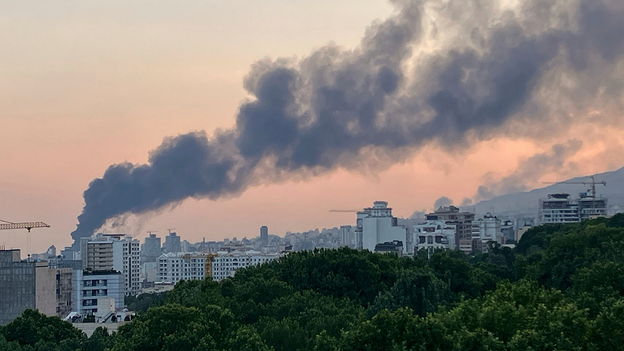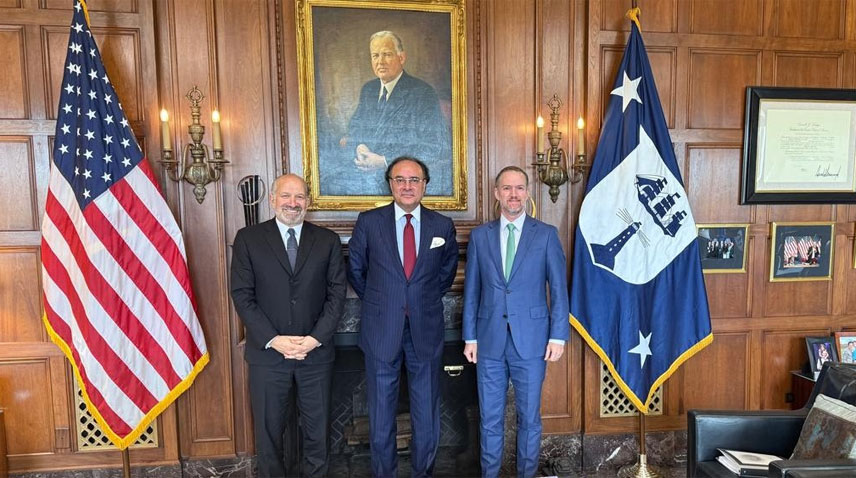Tel Aviv/Tehran – June 1, 2025:
Tensions in the Middle East reached a boiling point over the weekend as Israel and Iran exchanged aerial assaults, fueling fears of a broader regional conflict. The dramatic escalation comes after months of simmering hostilities, proxy skirmishes, and political warnings from global powers.
According to Israeli defense sources, Tehran launched several drones and missiles targeting strategic Israeli infrastructure, which were intercepted by the Iron Dome defense system. Israel, in response, carried out retaliatory airstrikes on Iranian military facilities allegedly linked to drone and missile development.
The Israel Defense Forces (IDF) confirmed the strikes but did not disclose precise locations. However, unverified footage circulating on social media showed explosions in central Tehran, with Iranian state media initially denying but later acknowledging “limited damage” to military research sites.
In a rare move, Iran’s Revolutionary Guards Corps (IRGC) issued a statement vowing a “decisive response” to what it termed “Zionist aggression.” Iran’s Foreign Ministry also summoned the Swiss ambassador, who represents U.S. interests in Tehran, demanding intervention to halt what they call “illegal Zionist provocations.”
Meanwhile, Israeli Prime Minister Benjamin Netanyahu held emergency meetings with top military officials and urged the global community to recognize Iran’s role in destabilizing the region. He reiterated Israel’s right to self-defense and emphasized that “no red line will be left uncrossed” in defending Israeli sovereignty.

The escalation has sparked international concern. The United Nations Secretary-General António Guterres called for “maximum restraint,” warning that “further confrontation could drag the entire region into chaos.” The United States and European Union have also issued statements urging both nations to de-escalate.
Observers note that this flare-up comes at a time of heightened tensions in Gaza, Lebanon, and Syria, where both Israeli and Iranian proxies operate. Analysts at the Middle East Institute warned that a full-blown conflict between the two nations would have “far-reaching implications for global energy markets, regional alliances, and humanitarian stability.”
Social media platforms have become a battleground of narratives, with hashtags like #IranUnderAttack and #IsraelResponds trending globally. Footage showing missile trails in the night sky and civilians rushing to shelters in Tel Aviv and Tehran has added to public anxiety.
In light of the escalation, several international airlines, including Emirates and Lufthansa, have suspended flights over Iranian and Israeli airspace. Oil prices surged over 4% in early trading Monday as markets reacted to fears of a regional war.
The international community now watches anxiously as diplomatic backchannels attempt to defuse what could become one of the most dangerous military confrontations in the Middle East in recent years.
#IsraelIranConflict #MiddleEastTensions #Airstrikes #IranNews #IsraelNews #IDF #IRGC #RegionalStability #BreakingNews #WorldNews

















